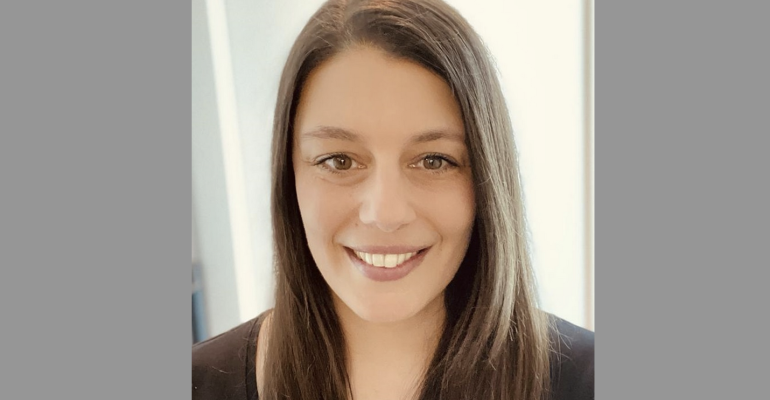With Pharma Forum EMEA taking place November 4 to 6 in Amsterdam, The Netherlands, MeetingsNet spoke in mid-October with a veteran life-science meetings executive who’s serving as the event’s co-chair: Jessica Weller, senior director—global strategic enterprise customers for CWT Meetings & Events.
The agency’s extensive client roster gives Weller and her team a unique vantage point on the trends affecting the planning and execution of life-science meetings in 2025 and beyond. Here, she addresses some of the trickiest elements of events, which should have planning teams within life-science firms thinking about where to focus their efforts to achieve the best meeting outcomes.
MeetingsNet: What are the most-pressing challenges your team is seeing as it helps life-science clients plan their internal meetings for 2025?
Jessica Weller: The thing that stands out most right now is that there’s a lot of restructuring and uncertainty. Many of our pharma clients are going through restructuring processes, which brings uncertainty in the form of shifting organizational priorities and workforce reductions. This has created challenges in forecasting event needs because a restructuring often delays decision-making and budgets, and we are seeing increased pressure to adapt quickly to last-minute changes. For us, managing these variables while still delivering strategic, compliant events is a significant challenge going into next year.
Another complicating factor is rising costs for accommodations and travel. With inflationary pressures and the resurgence of travel demand at business hotels, securing cost-effective venues and flights has become much more difficult. These price hikes directly impact budget allocation and event planning timelines, requiring us to be more creative in how we manage costs without sacrificing the quality or experience of the events.
MeetingsNet: For events that involve healthcare professionals, what are the biggest challenges your team is encountering?
Weller: Well, the regulatory landscape is becoming ever more stringent. With increasing transparency requirements such as global reporting standards and country-specific regulations, ensuring compliance is such a complex task. Our team faces challenges in managing cross-border HCP engagements while adhering to varying regional rules. This makes it crucial for us to work closely with clients to navigate these evolving regulations while maintaining the integrity and success of the events.
With HCP-focused events, there’s also cost sensitivity and having to justify value. Rising costs for travel and accommodations coupled with pressure on budgets means there is increased scrutiny on the value and ROI of engaging HCPs at events. Clients expect detailed justifications for HCP participation, including the tangible outcomes and impact. This puts pressure on planners to ensure that every aspect of the event delivers high value while also aligning with compliance guidelines, all of which makes budget management, content strategy, and outcome tracking essential.
MeetingsNet: What advice do you have for planners as they work with stakeholders to achieve meeting goals and stay on budget?
Weller: They should prioritize strategic vendor partnerships, simplify their contracting process, and then focus most of their time and energy on event essentials and ROI.
MeetingsNet: What’s the role of A.I. in achieving those goals?
Weller: A.I. is already making significant impact in life-science event planning by streamlining essential tasks. For instance, we use A.I.-generated translation and localization, allowing for faster and more accurate multilingual materials for global events. We use it for agenda planning, and it also supports efficiencies in website-building activities and content writing, automating tasks such as drafting copy and personalizing content for diverse audiences.
Looking ahead, A.I. is poised to further automate and simplify processes. Predictive analytics will enable planners to anticipate trends and preferences based on historical data, leading to more informed event strategies. Real-time budget management tools will help optimize spending, while enhanced personalization will allow for tailored attendee experiences by analyzing feedback and engagement during events.
Ultimately, these advancements will free planners to focus on higher-value tasks like strategic planning and building client relationships, ensuring a more impactful and efficient event experience.
MeetingsNet: What are your biggest duties at Pharma Forum EMEA, and what else are you looking forward to when you meet up with fellow life-science planners in Amsterdam?
Weller: As co-chair, I will take the stage to open the main session and also lead the first-timers’ welcome session. I am also excited to connect with colleagues and peers, learn new ideas and strategies, and have some fun in a very interesting city.





